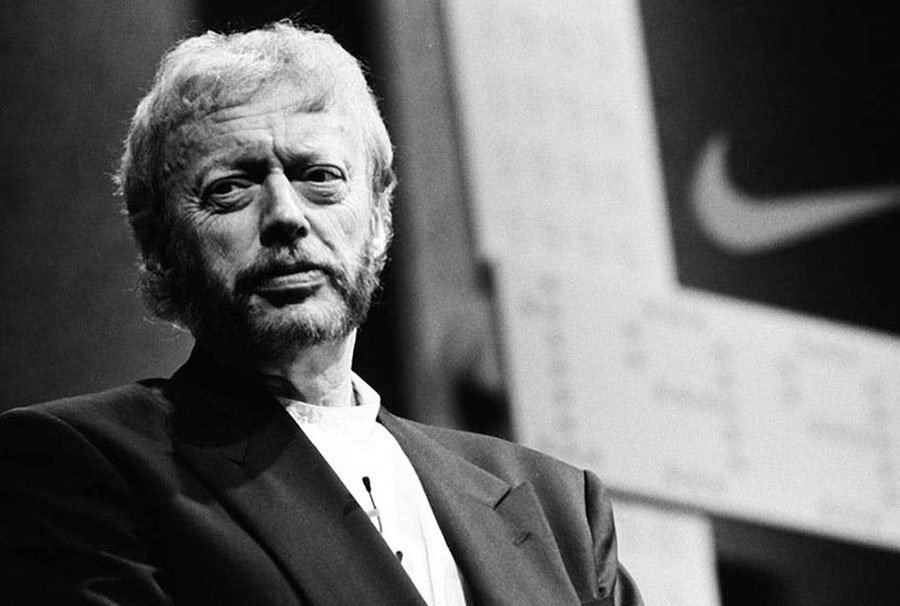Phil Knight’s journey to build Nike from a startup into a global brand is a tale of persistence, resilience, and vision rather than relying on sporadic bursts of motivation.
Starting with just $500 and a simple idea to import high-quality running shoes from Japan, Phil faced an uphill battle.
During the early days, Nike (originally named Blue Ribbon Sports) encountered numerous setbacks, including financial struggles, legal challenges, and skepticism from industry giants. Phil didn’t have the luxury of waiting for motivation to strike; he had to act, often in the face of considerable doubt and uncertainty.
What kept him going was not so much a feeling of motivation, but a deep belief in his mission and a relentless commitment to his goals. He worked day and night, forged partnerships, solved problems as they arose, and continually adapted his strategies.

In ‘Shoe Dog’, Phil shares various anecdotes that demonstrate the hard work and relentless determination that went into building Nike.
For instance, he talks about the endless meetings with banks to secure loans, the challenges of managing relationships with manufacturers, and the creativity required to market a new brand.
One of the standout stories involves a critical lawsuit with a major competitor. Instead of giving in or waiting for the right mood to strategise, Phil and his team dug in, working tirelessly to navigate through the legal maze. They turned what could have been a crippling setback into a rallying point for the company.
The point of this story is that we often think we need to feel motivated to get stuff done. But, the reality is trying to get yourself to feel like doing something useful is a fool’s errand. Instead, we should be doing stuff regardless of how we feel, because that’s how true progress is made.
While a 3-year old bases their day-to-day decisions on what they feel like doing, an intelligent adult recognises that feeling like doing something useful should have absolutely nothing to do with whether they actually do it.
For example, one of the most famous comedians of all time, Jerry Seinfeld, wanted to become a better writer in the early days of his careers. He could’ve easily just waited for inspiration and motivation to strike before writing, but instead he set a personal goal to write every day.
Basically, he’d mark an X on his calendar every day he wrote, creating a chain of X’s. The goal? Don’t break the chain. He didn’t wait for motivation; he made writing a daily habit that eventually led to his success.
Importantly, this isn’t just about work or creative projects.
Maybe you want to exercise more, but you never “feel like it.” Instead of waiting for motivation, you could set a specific time to exercise each day, like right after work. Pretty soon, it becomes part of your routine, like brushing your teeth, and you don’t need motivation to do it.
The takeaway is we shouldn’t be relying on motivation or the perfect moment to get something done. Instead, we should turn up, get started, and often the motivation will often follow.
Quote of the Day
Are you paralysed with fear? That’s a good sign. Fear is good. Like self-doubt, fear is an indicator. Fear tells us what we have to do. Remember one rule of thumb: the more scared we are of a work or calling, the more sure we can be that we have to do it
Tool of the Day
🧘 Day One
Day One is a beautiful journalling app. Completely private, cross-platform, and designed to never fill up, letting you capture your life as you live it. One of the best parts about the app is that you can quickly revisit moments from your past, so you can quickly read about, see pictures and discover other memories from previous weeks, months and years all in one place.